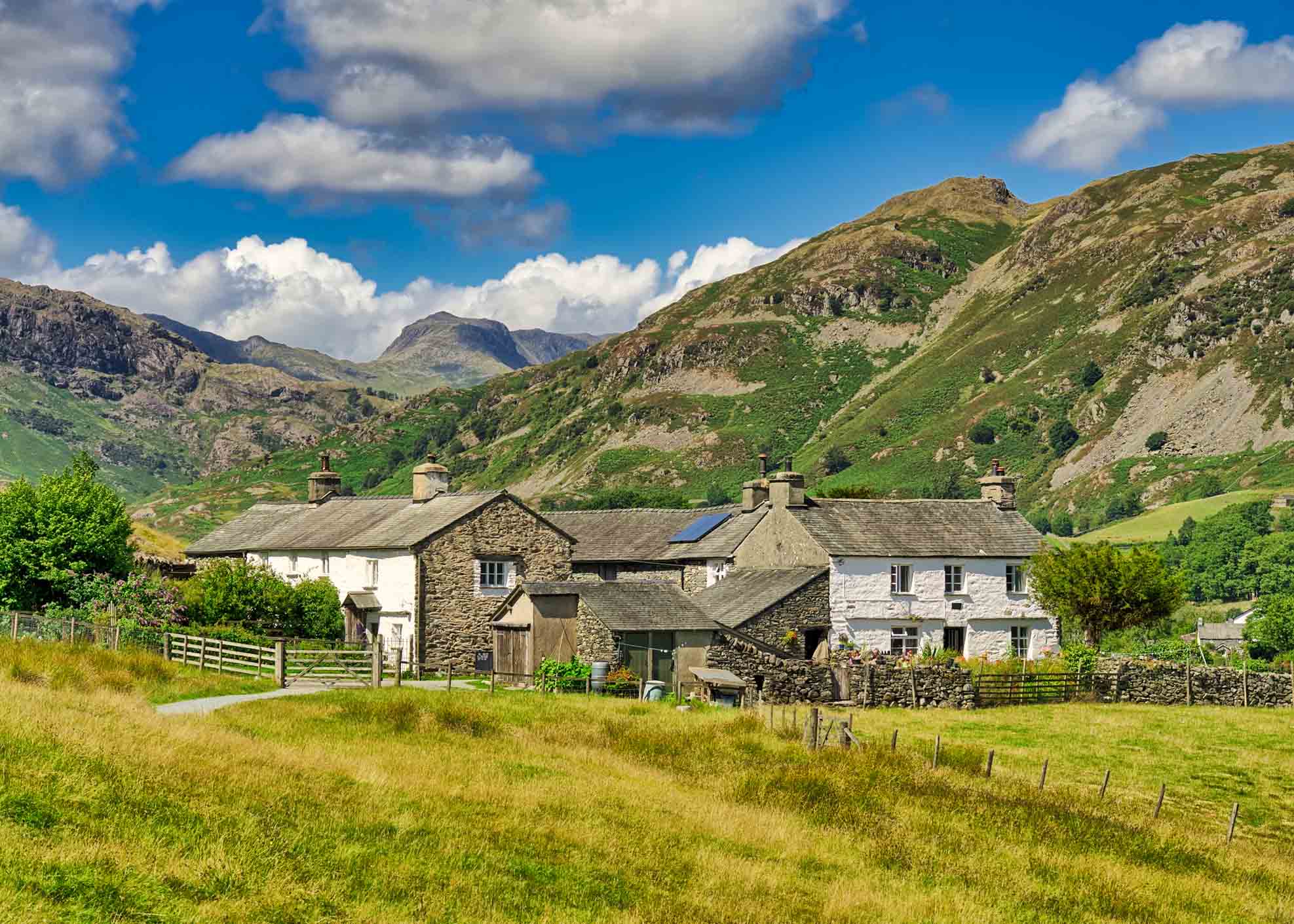Choosing The Right Lakes Location For Your Holiday Let
So, you’ve already decided to purchase a holiday rental in the Lake District, which is consistently rated as one...

When starting your holiday letting journey, it’s important to know what planning permission (if any) you will need, before embarking on your new venture.
Take a look at our helpful guide below to find out more about planning permission for your holiday let, and whether or not you need to apply.
Planning permission enables property & land owners to extend existing buildings, erect new ones, or transform a piece of land into a possible building plot. Local authorities decide whether or not to grant permission in line with the National Planning Policy Framework. The process is in place to try and prevent inappropriate development and an invasion of privacy to other residents nearby.
When you become the owner of a holiday let and you don’t plan on doing any extensions or layout changes, then you don’t need to apply for planning permission. If you buy a property that was previously used as a residential dwelling (or anything other than an existing holiday let) then you may need to apply for ‘Change of Use’. You can contact your local planning authority for more information on this.

The cost of planning permission can vary, depending on the type you are applying for. For example, a simple Change of Use can cost £96, but the cost of applying to build a new single dwelling can be approximately £462. To find out more about how much you can expect to pay, check out the Gov.uk website here.
It can take up to 8 weeks for your local planning authority to come to a decision. If planning permission is granted, it’s valid for up to 3 years. If you haven’t carried out the work within that time you will need to go through the application process again.
There are many factors that can affect the approval of planning applications. Some of these include:
Converting an outbuilding does require a planning application, as outlined above. You may also have to apply for a ‘change of use’ as well as the standard planning permission. Renovating unused buildings is a great way to generate some extra income and is a popular choice for farmers looking to diversify their land and get into holiday letting.
If you decide to build log cabins, shepherds huts or glamping pods these will also require planning permission. If a structure is only temporary (for example, yurts or tipi’s) planning permission isn’t always required if certain rules are adhered to.
Check out further details on Gov.UK about when permission is required.

We also work with Rural Futures – who provide rural business support via project planning and management, advising on RDPE and other grants, feasibility studies, business plans and planning advice. With experience in renewable energy, local food production, farm and rural business diversification, and community resource and social enterprise projects, the team combines years of practical hands on experience, supported by a breadth of knowledge across key rural areas of policy, assessing need, managing change and delivery.
Learn more about our work with Rural Futures with our handy blog. Or check out these top tips from our Lakelovers team on how to get the most out of being a holiday cottage owner.